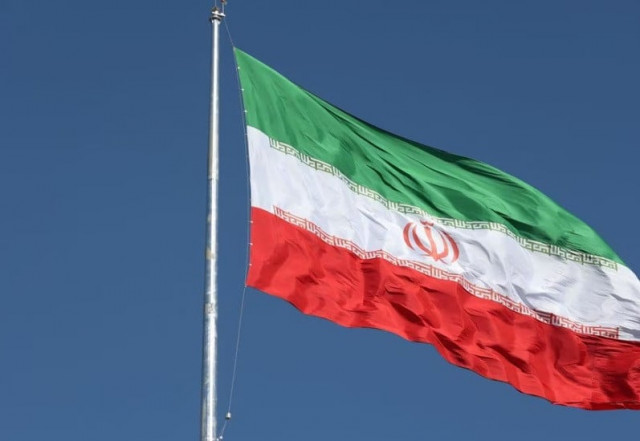Tehran rejects Islamabad’s notice on IP gas royalties
Malik claims force majeure notice was issued to Tehran ‘10 years ago’

Iran has refused to accept the force majeure notice served to it by Pakistan to suspend the work on the multibillion-dollar Iran-Pakistan (IP) gas pipeline project.
Simply put, through the notice Pakistan had expressed its inability to pursue the project as long as the US sanctions on Iran remain in place or Washington tacitly green-lights Islamabad to go ahead with the project that has been in cold storage for almost a decade despite acute energy shortages in the South Asian nation of 240 million.
During a news conference, State Minister for Petroleum Musadik Malik said Pakistan had issued a force majeure notice to Iran under the Gas Sales and Purchase Agreement (GSPA) that Tehran did not accept and granted two five-year extensions to meet the obligations of the IP project.
The state minister insisted that Pakistan had issued the forced majeure notice “10 years ago” that Iran had refused to accept.
He categorically denied the written answer recently given in the National Assembly that Pakistan had issued the forced majeure notice right now, terming it factually “incorrect”.
Malik said Tehran had extended the time to meet the obligations of the project till March 2024 and Pakistan had been engaged with the Iranian side for a positive solution.
He added that Pakistan was also in contact with international forums for the waiver of sanctions on importing energy from Iran.
“The Pakistani government is engaged with the US authorities through diplomatic channels to seek an exemption from sanctions for the gas project,” he explained.
Malik elaborated that work on the pipeline was stalled because of the US sanctions on Iran as Washington did not grant a waiver for importing petroleum products from Tehran.
He continued that activities on the project would begin once the sanctions were lifted.
The state minister maintained that the US administration had not granted a waiver to Pakistan to import petroleum products from Iran similar to how it had given to China, India, Japan, South Korea and some other countries.
Under a penalty clause, Pakistan is bound to pay $1 million per day to Iran from Jan 1, 2015 for failing to complete the pipeline’s construction on its territory.
However, Malik denied this development, saying that there was no penalty in the GSPA as it was based on a take-and-pay basis.
“In case Pakistan does not meet the contractual obligations, then Iran would determine the penalty amount through [a] legal court of law,” he added.
Elaborating further, the state minister said Iran was facing two types of sanctions from the US and the UN.
He pointed out that the US sanctions were strict and that was why Pakistan did not want to face them.
“We are now actively engaged with Iran and all other stakeholders to find out the right way,” he continued.
Earlier this month, Iran’s Foreign Minister Hossein Amirabdollahian, during his visit to Islamabad, called for an early completion of the long-delayed IP project.
At a joint news conference, Amirabdollahian said he held constructive talks about the IP project with his Pakistani counterpart Bilawal Bhutto Zardari.
He added that Iran believed that the completion of this pipeline was in line with the interests of the two nations, and that Tehran was ready to finalise it as soon as possible.
The project was supposed to be completed by Dec 2014.
Tehran has completed its side of the 1,150km pipeline for which the groundbreaking ceremony was jointly conducted by then presidents Asif Ali Zardari and Dr Mahmoud Ahmadinejad on the Iranian site of Gabd, near Chahbahar in March 2013 at an estimated cost of $7.5 billion.
However, Pakistan has yet to initiate work on its side that was supposed to be completed by Jan 2015.
The reason Pakistan has so far been reluctant to go ahead with the project is because of the fears of international sanctions and other geo-strategic compulsions.



















COMMENTS
Comments are moderated and generally will be posted if they are on-topic and not abusive.
For more information, please see our Comments FAQ